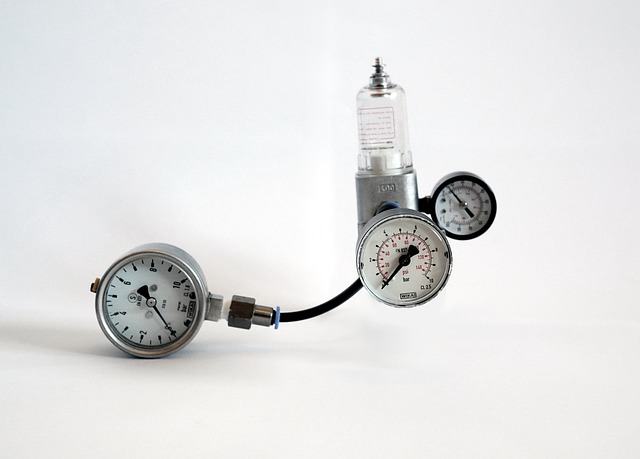Homeowners often overlook regular plumbing maintenance, leading to costly repairs and disruptions. Preventive measures include understanding root causes of common issues like clogged drains, leaky faucets, and burst pipes. DIY tasks such as leak checks, gasket replacements, drain clearing, water heater flushing, pipe insulation, and tracking water usage are manageable, but complex issues require professional plumbers. Understanding do's and don'ts in plumbing repairs is crucial to avoid mistakes and potential disasters. Choosing a reputable plumber through referrals, online reviews, and verification of licenses and insurance ensures quality service. Adopting eco-friendly plumbing solutions with help from a plumber promotes sustainable living and long-term financial savings on utility bills.
“Homeowners, are you tired of unexpected plumbing headaches? This comprehensive guide arms you with the knowledge to tackle common issues and maintain your pipes like a pro. From identifying signs of trouble to eco-friendly solutions, we cover it all. Learn effective prevention techniques and essential maintenance steps to avoid costly repairs.
Dive into the ‘Do’s and Don’ts’ of DIY plumbing and discover when to seek professional help from a reliable plumber. Ensure your home’s plumbing system is not just functional but also sustainable.”
- Understanding Common Plumbing Issues and Prevention Techniques
- Regular Maintenance Tasks for Homeowners: A Step-by-Step Guide
- The Do's and Don'ts of DIY Plumbing Repairs
- Choosing the Right Plumber: Tips for Hiring Professional Help
- Eco-Friendly Plumbing Solutions for Sustainable Living
Understanding Common Plumbing Issues and Prevention Techniques
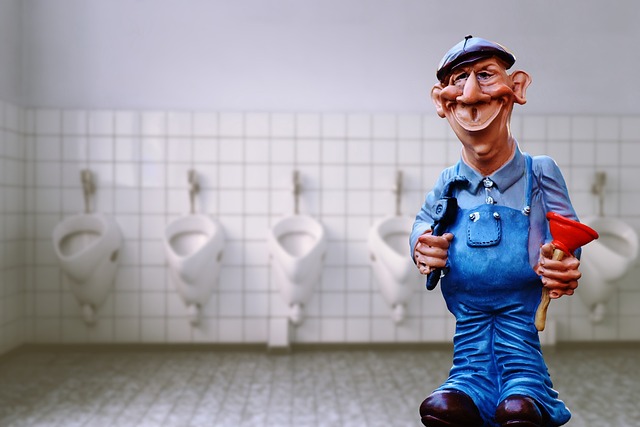
Many homeowners often overlook plumbing maintenance, which can lead to costly repairs and inconveniences. Common plumbing issues like clogged drains, leaky faucets, and burst pipes are not only annoying but also indicative of preventive measures that have been overlooked. Regular inspection and simple, DIY techniques can go a long way in keeping your plumbing system in top shape.
A proactive approach involves understanding the causes of these issues. For instance, using drain covers and regularly cleaning them prevents hair and grease buildup, which is a primary cause of clogs. Similarly, sealing leaks around faucets and fixtures, and maintaining water pressure, can stop unnecessary wastage and potential damage. Regularly scheduling plumbing check-ups with a professional plumber is also beneficial as they can identify potential problems before they escalate.
Regular Maintenance Tasks for Homeowners: A Step-by-Step Guide
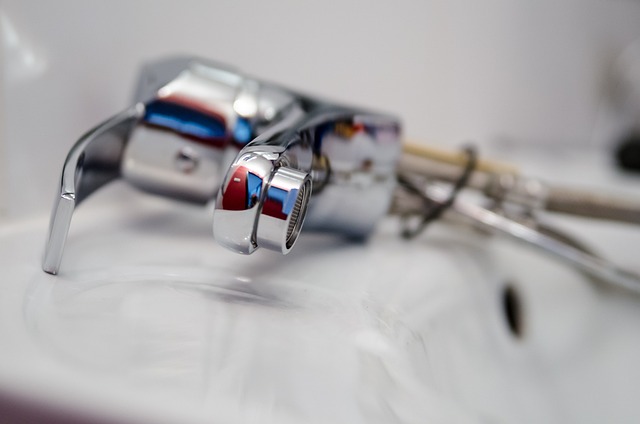
Regular maintenance is key to keeping your plumbing system in top shape and preventing costly repairs. As a homeowner, there are several tasks you can do on your own to ensure smooth operations. Start by checking for any leaks around fixtures and pipes; even small drops can add up to significant waste over time. Replace worn-out gaskets or washers under sinks and faucets to stop these silent water wasters.
Next, clear drain clogs using a plunger or chemical cleaners designed for safe plumbing use. Regularly flush your water heater to prevent sediment buildup, which can reduce its efficiency. Insulate exposed pipes during colder months to prevent freezing and burst pipes. Lastly, don’t forget to inspect your water meter regularly to track water usage and identify any unusual spikes that could indicate a leak. When faced with challenges beyond your comfort level, remember to reach out to professional plumbers for expert assistance.
The Do's and Don'ts of DIY Plumbing Repairs
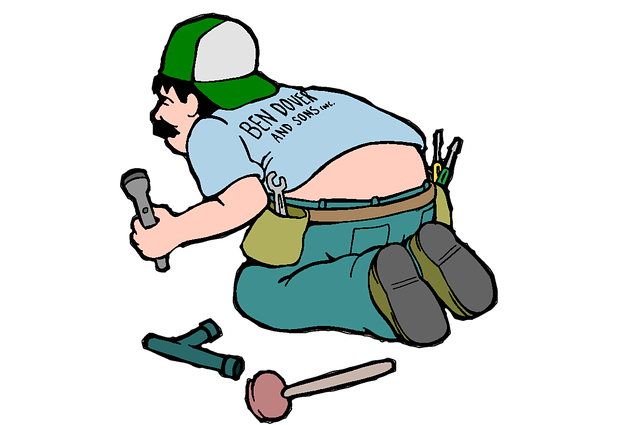
When tackling DIY plumbing repairs, it’s crucial to know the do’s and don’ts to avoid costly mistakes or worse—a plumbing disaster. Plumbers are often called upon for quick fixes, but understanding basic principles can empower homeowners. Do invest in quality tools specifically designed for plumbing work to ensure precision and safety. Learn about common issues like clogged drains, leaky faucets, or broken pipes, and know when a simple fix is within reach and when professional help is needed.
Don’t attempt complex repairs without proper training. While some minor tasks are DIY-friendly, intricate plumbing systems require expertise. Avoid using incorrect tools or applying excessive force, which can damage pipes or fixtures. Never skip important safety measures like turning off the water supply before beginning any repair. Remember, a qualified plumber is invaluable for addressing serious issues to prevent further complications and ensure long-lasting plumbing health.
Choosing the Right Plumber: Tips for Hiring Professional Help
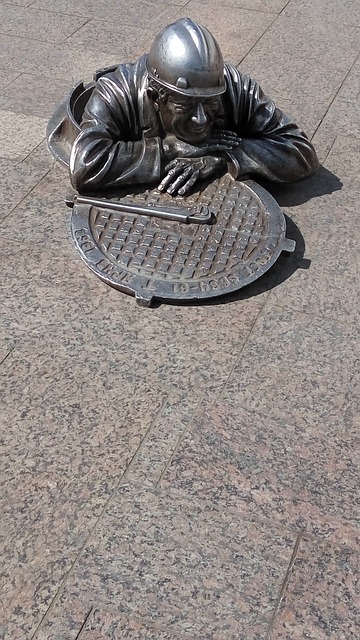
When it comes to choosing the right plumber, knowledge is power. Start by asking for referrals from friends or neighbours who have recently had plumbing work done. This can provide valuable insights into the quality of service and professionalism of a particular plumber. Additionally, checking online reviews on reputable platforms can offer a broader perspective on their performance and customer satisfaction levels.
Remember to verify the plumber’s licences, insurance, and bond. These credentials ensure that you’re hiring a legitimate professional who adheres to industry standards and local regulations. During your initial consultation, assess their communication skills, punctuality, and willingness to answer your questions thoroughly. A good plumber should be able to explain potential issues, provide transparent pricing estimates, and offer flexible scheduling options tailored to your needs.
Eco-Friendly Plumbing Solutions for Sustainable Living
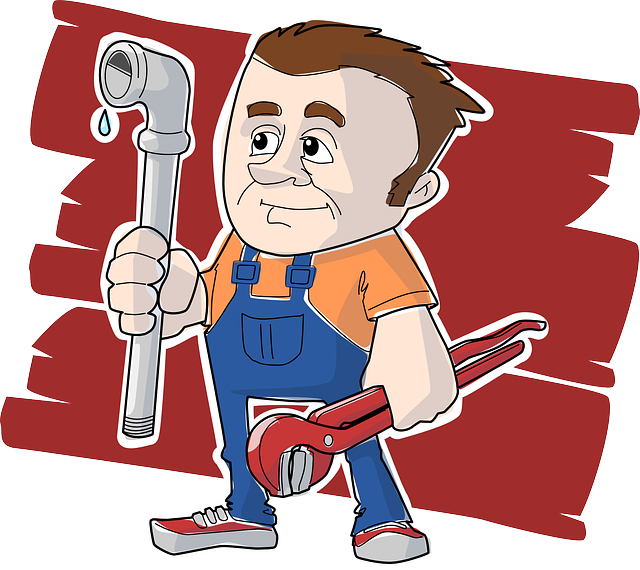
Adopting eco-friendly plumbing solutions is a great way for homeowners to contribute to sustainable living and reduce their environmental impact. A plumber can assist in implementing water-saving fixtures like low-flow showerheads, aerators on faucets, and dual-flush toilets. These simple yet effective changes can lead to significant water conservation. Moreover, many modern eco-friendly plumbing systems use greywater recycling, which reuses water from sinks, showers, and laundry machines for irrigation or toilet flushing, further reducing fresh water consumption.
Homeowners can also consider high-efficiency appliances and energy-saving technologies, such as tankless water heaters and smart thermostats. These innovations not only help the environment but also offer long-term financial savings on utility bills. By partnering with a plumber who specializes in sustainable practices, homeowners can make informed choices that benefit both their pockets and the planet, ensuring a greener future for all.
By adopting these best practices, homeowners can effectively prevent common plumbing issues, perform regular maintenance tasks, and make informed decisions regarding DIY repairs or hiring professional plumbers. Embracing eco-friendly plumbing solutions further contributes to sustainable living. With this knowledge in hand, folks can ensure their plumbing systems remain efficient, reliable, and environmentally considerate, enhancing the overall comfort and value of their homes.
